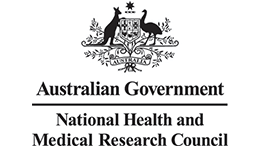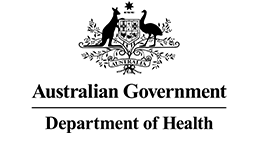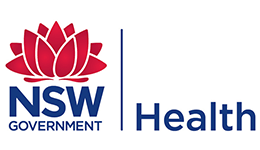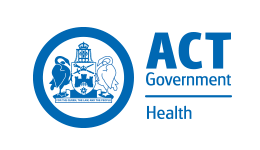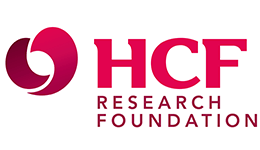Economic analysis of prevention: Evaluating the ripple effect

Status completed
Start Date
End Date
There is a growing awareness of the limitations of existing methods of economic evaluation in capturing the full range of potential outcomes, costs and cost savings of disease-prevention activities.
The project produced a guide to commissioning economic evaluations to improve the quality and relevance of economic analysis for prevention.
Introduction
The guidelines developed as a result of this project will support policy makers with decisions about the wider benefits of prevention programs.
Featured project resources
-
Commissioning Economic Evaluations: a guide
Resource category:Reports
Date -
Designing economic evaluations to better inform investment in prevention programs
Resource category:Findings Brief
Date -
Evaluating the transformative change of prevention
Resource category:Videos
Date
About
Improving the economic analysis of prevention
Project titleWhat is the issue?
There is a growing awareness of the limitations of existing methods of economic evaluation in capturing the full range of potential outcomes, costs and cost savings of disease-prevention activities.
Economic evaluation tends to measure bottom-line measures such as cost-effectiveness and changes in health outcomes, but it undervalues intermediate benefits, such as cultural or institutional changes that occur as a result of the intervention.
How did the project address the issue?
This project aimed to develop an approach to the economic analysis of prevention programs that is potentially broader than conventional forms of economic evaluation but simple enough to be used routinely.
The project:
- Examined approaches to the economic analysis of prevention programs
- Identified what criteria practitioners and policy makers use to inform investment decisions in prevention (ideal and in practice)
- Identified contexts in which economic evidence is used
- Established guidelines for evaluation that are consistent with the objectives of decision making.
What were the outcomes?
The project produced a guide to commissioning economic evaluations – an approach that will improve the quality and relevance of economic analysis for prevention. Aligning decision-makers’ expectations with how researchers design and undertake economic evaluations should enable investment decisions in disease prevention to be better informed by evidence and to be more responsive to community values.
Relevance for practice
The project developed practical and simple ways to assess the wider economic impacts of prevention interventions, beyond cost and cost-effectiveness. It provided guidelines that allow policy makers to make better decisions about the wider benefits of prevention programs.
Resources
-
Commissioning Economic Evaluations: a guide
Resource category:Reports
Date -
Designing economic evaluations to better inform investment in prevention programs
Resource category:Findings Brief
Date -
Evaluating the transformative change of prevention
Resource category:Videos
Date
Publications
Other publications
- Jan S, Wiseman W. In response to Sanders et al on the Recommendations for Conduct, Methodological Practices, and Reporting of Cost-effectiveness Analyses. JAMA Jan 3;317(1):89-90. doi: 10.1001/jama.2016.17824
Presentations
- Professor Stephen Jan’s presentation to the Prevention Centre Investigators’ Forum, October 2014
General framework for economic value of prevention (Video)
People
Lead investigators
Project team
-
Wayne Adams Wayne Adams has finished working with the Prevention Centre.
HCF Research Foundation -
Associate Professor Jaithri Ananthapavan
Deakin University -
Professor Rob Carter Professor Rob Carter has finished working with the Prevention Centre.
Deakin University -
Distinguished Professor Billie Giles-Corti
RMIT University -
Dr Lucy Gunn
RMIT University -
Professor Emeritus Penny Hawe
The University of Sydney -
Professor Alison Hayes
University of Sydney -
Dr Tracey Laba Dr Tracey Laba has finished working with the Prevention Centre.
The George Institute for Global Health -
Tom Lung Tom Lung has finished working with the Prevention Centre.
University of Melbourne -
Professor Andrew Milat
The University of Sydney -
Dr Jan Shanthosh
The George Institute for Global Health -
Professor Lucie Rychetnik
The University of Sydney -
Professor Emeritus Alan Shiell
La Trobe University -
Louise Sylvan Louise Sylvan has finished working with the Prevention Centre.
University of Sydney -
Beth Stickney Beth Stickney has finished working with the Prevention Centre.
The Australian Prevention Partnership Centre















